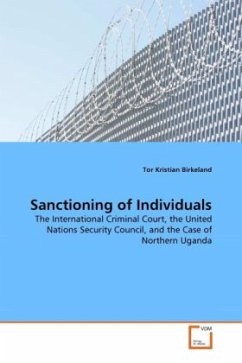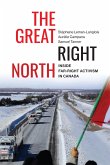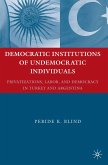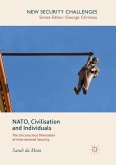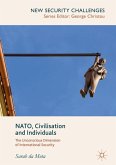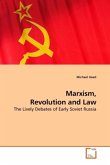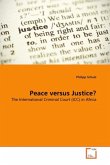Can peace and justice can be pursued simultaneously in a conflict situation? Through a case study of northern Uganda and the rebel group the Lord's Resistance Army (LRA) this book analyzes the attempts of the Ugandan government, the International Criminal Court (ICC) and the United Nations (UN) to pacify the rebels. The long-lasting humanitarian crisis needs to be addressed urgently by external actors, and it is possible for the UN Security Council and the ICC to deal more efficiently with the situation. The book argues that justice is much more than punishing criminals. Justice in a reconciliation paradigm is different from justice in the punitive, prosecutorial justice paradigm in which many of us are used to think. In some extreme cases one must accept the possibility that punishment is not necessarily part of the solution, even if severe crimes have been committed. The northern Uganda case illustrates, in the author's opinion, that de facto amnesty and/or exile is an appropriate tool for ending the suffering of the civilians in the region at the hands of the LRA, given the limited resources that external actors are willing to spend.
Bitte wählen Sie Ihr Anliegen aus.
Rechnungen
Retourenschein anfordern
Bestellstatus
Storno

